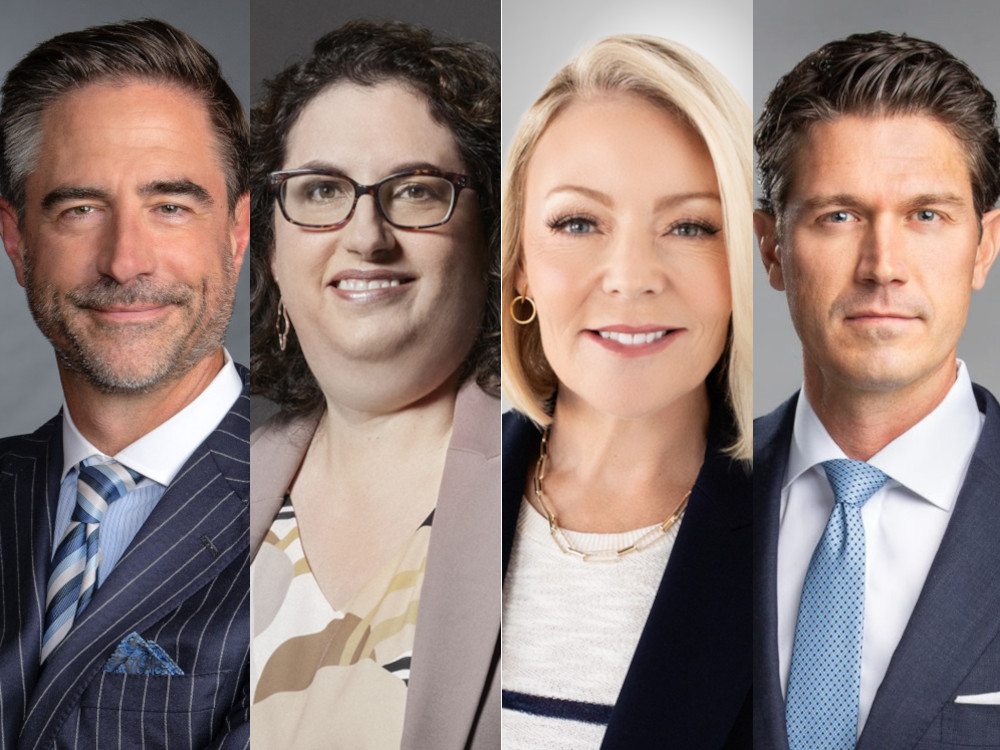This is the fifth in a series of articles in our special report on alternative investments in Canada. To see all the articles, click here.
Shortly before he announced his retirement from Berkshire Hathaway, with the economy in flux and market volatility at all-time highs, Warren Buffett was piling into cash. His investment firm had $347.7 billion in cash at the end of March, a stockpile he began building in October of 2022.
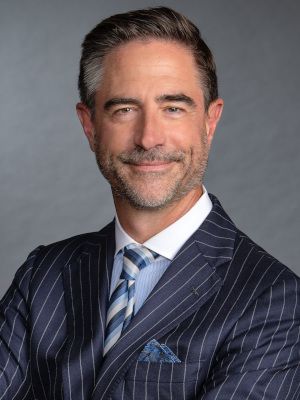
But not all successful investors think alike. Canadian family offices, for instance, aren’t with Buffett on this one—they say they’re busy investing elsewhere.
“Buffett has been known to accumulate high cash balances in the past,” says Brian Madden, chief investment officer, First Avenue Investment Counsel in Toronto. “But we tend to keep cash reserves pretty low for most households, unless there is an immediate need for liquidity.”
Instead, his firm has 10 per cent of each of its two North American equity mandates invested in gold miners or gold royalty companies, which, he says, “Buffett has no time for.” But for First Avenue, “it’s a hard asset, and it has a history of value and as a hedge to geopolitical risk.”
Amid all the global concern about what’s happening in the U.S., most family offices aren’t in panic mode. They’re staying the course, focusing on a diverse set of investments that include private market alternative capabilities, including real estate and private equity. Plus, they’re shifting their focus away from U.S. equities—although not on a grand scale. “A few dollars have shifted from the United States to Canada,” says Madden.
The overarching sentiment is that big moves aren’t wise at this time. “You can’t make wholesale changes in environments like this, because that’s highly risky,” says Mindy Mayman, partner, chief compliance officer and portfolio manager at Richter Family Office in Montreal.
“To dismantle a portfolio that you’ve spent a lot of time and thought building when you built it based on a client’s long-term objective—don’t think that you can rip it apart based on what Trump wakes up and says on any given day.”
“So, there is an element of stay-the-course,” she says.
Movement away from U.S. equities
What’s clear is that Trump’s tariff announcements have led to some changes in perspective, says Theresa Shutt, chief investment officer at Harbourfront Wealth Management in Toronto.
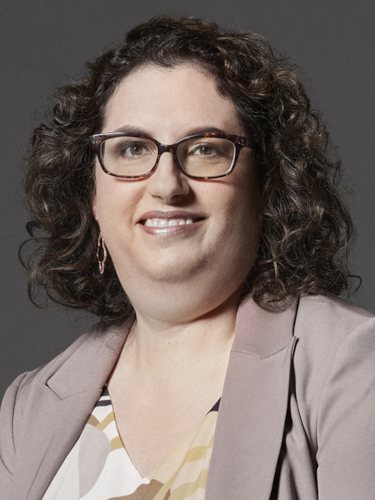
“We’re seeing the dimming or the diminishing of this U.S. exceptionalism,” she says. “For a long time, people were overweight in U.S. equities, and particularly the S&P 500. This trade war has made the U.S. a more uncertain place to invest.”
This reality has led to a rethink, Mayman says: “There’s a bit of a question to ask yourself: Is that going to continue for the next number of years the way it continued in the past?” She notes that family offices are looking at what modifications might make sense if the U.S. loses its equity market dominance.
It’s why diversifying into markets outside North America might be a good option, Mayman adds.
Richter has also been looking for unique investment opportunities that have asymmetrical risk/return profiles. That might mean exposure to a company debt, she says, or a preferred share in a company, but with “many times the coverage for the amount of capital being invested,” she says.
“If I can source some unique opportunities—where I feel that I can probably reduce the risk of loss, but I have the potential of acceptable returns—can I identify some of those unique opportunities in this environment that will less be impacted by Trump, tariffs or inflation in the U.S.?” she adds.
Unique investments that are resistant to inflation and currency depreciation are top of mind. “Today, before I add in—call it my next percentage of public market stock exposure—I would prefer some of those more niche, idiosyncratic opportunities,” she says.
Robert Janson, co-CEO and chief investment officer of Westcourt Capital, has been participating in “sophisticated asset allocation, which involves the use of alternatives.” This includes private equity, private debt, infrastructure, self-storage and pharma—asset classes that have done very well, says Janson.
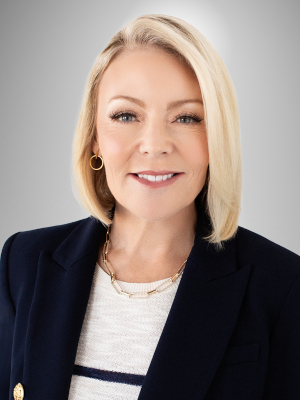
“They’re not hitting the lights out and hitting home runs, but we have positive exposure to stabilized Canadian apartments, Canadian farmland and our infrastructure managers doing exceptionally well this year,” he says.
His firm has been trying to champion the concept of a greater allocation to alternatives that can provide more stability amid difficult market downturns.
Rather than investing 100 per cent in alternatives or 100 per cent in stocks and bonds, he says, Westcourt’s position is to “try to invest like the biggest pension funds and endowments in the world. Not necessarily have the same exposures, or the same investment opportunities that they have, but certainly similar investment exposures,” he adds.
Predicting ‘a roller coaster’
For now, Shutt says clients are being told “it’s not about market timing—it’s about time in the market.” They’re being counselled to stay in the market and weather the storm, with the knowledge that a well-diversified portfolio can help mitigate volatility.
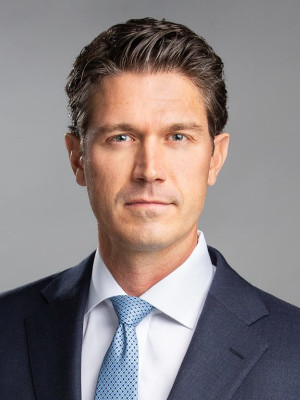
“That traditional 60/40 allocation that used to work no longer works,” she says.
Shutt says clients need to buckle up.
“You’re on a roller coaster. And maybe you hate roller coasters, but the last thing you do when you’re upside down is take your seat belt off. That ends badly,” she adds. She tells clients not to make sudden moves, use cash tactically and be patient.
Janson says what happens in the coming weeks, as the Trump administration attempts to hammer out tariff deals with trading partners, will tell the tale.
“I do think that clearer heads will prevail and that we will start to see some of these trade deals emerge in the coming weeks,” he says.
“That will be a bit of an escape valve or pressure release for markets to have a little bit more guidance.”
The Canadian Family Offices newsletter comes out on Sundays and Wednesdays. If you are interested in stories about Canadian enterprising families, family offices and the professionals who work with them, but like your content aggregated, you can sign up for our free newsletter here.
Please visit here to see information about our standards of journalistic excellence.

